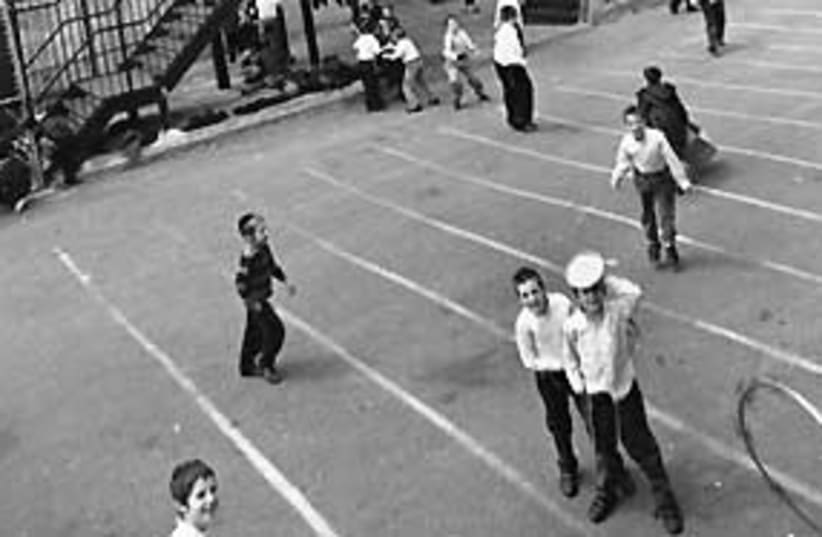and chanted Holy! Holy!
Holy! And was scared.
Father forgive me.
For what? For things done, not done.
The time I wasted.
For ‘scared,’ read ‘sacred,’
its anagram. I am, said
the Lord. The terror! Though Lehman questions Judaism at times, he always returns to it.The title poem, “Yeshiva Boys,” is a 12-part meditation that seamlesslyblends Judaism, Kafka, Israel-Diaspora tensions, Cold War politics andintelligence moves worthy of a spy novel. And the relationship oftoday’s Jews with the collective memory of the Holocaust is afascinating thread throughout the series.Lehman writes:In the yeshiva playground they were marching
chanting marching around in circles bearing pickets
bearing scrolls saying ‘No poems after Auschwitz! No poems...Does that mean that poetry is indeed dead? Yeshiva Boys – one of themost exciting books I’ve picked up in a long time – offers convincingproof that it’s not.
